Scientists-Scholars
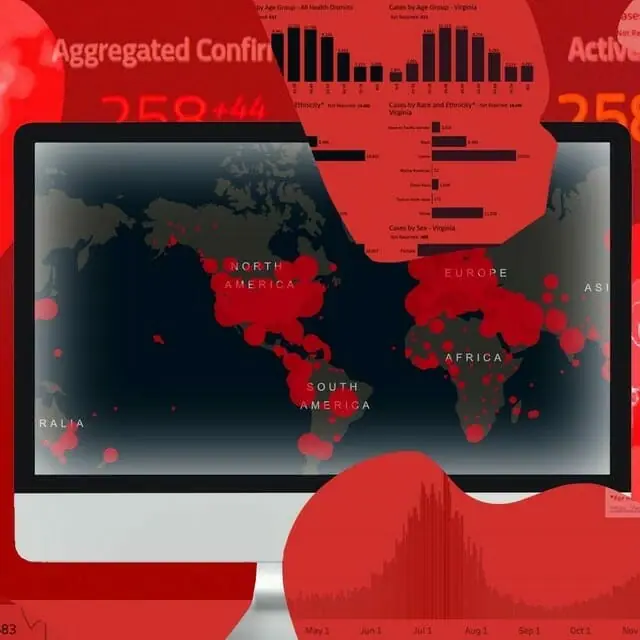
COVID-19 dashboards offer incomplete pictures
We are surrounded by charts, graphs, and dashboards that try to summarize and surveil the COVID-19 pandemic in the United States; we haven’t seen this kind of explosion of data visualization since the advent of the Weather Channel. But these dashboards, none of which existed before March, are experiencing some growing pains.
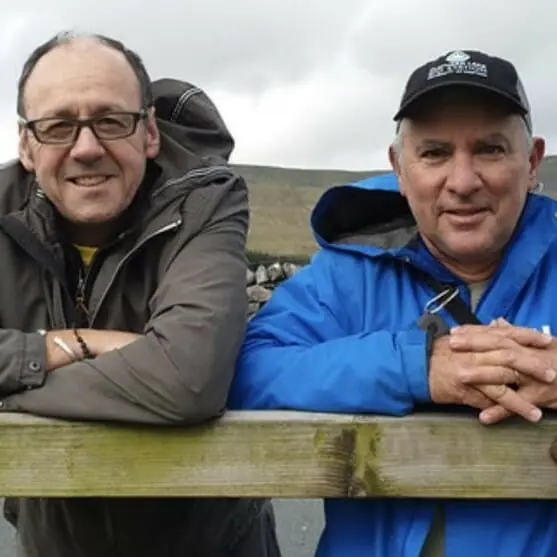
Feb 23: Phosphorus: Past and Future book launch
Phosphorus: Past and Future, available from Oxford University Press, discusses emerging efforts and innovations to develop phosphorus sustainability solutions to protect our food supply and water quality.
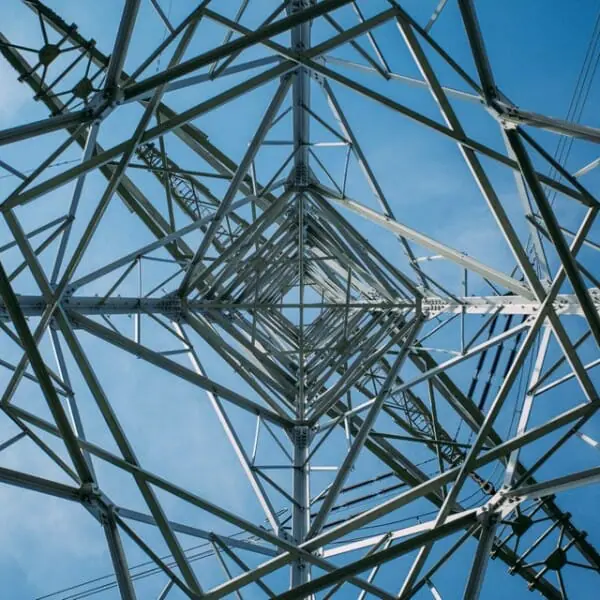
Who gets their lights back first if a cyberattack brings down the grid?
According to experts from ASU’s Decision Theater, the United States needs a Continuity of the Economy plan to ensure we can reconstitute the economy in the wake of a devastating cyberattack.
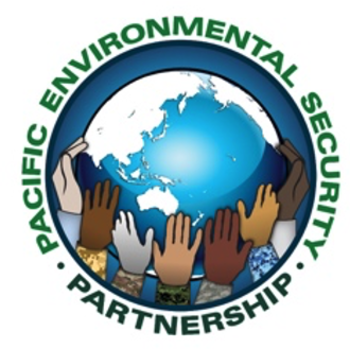
Feb 22-26: Virtual Pacific Environmental Security Forum
The primary purpose of the PESF is to increase regional militaries’ understanding of environmental security issues and their environmental stewardship obligations, and to coordinate efforts with civilian agencies and NGOs for whole-of-government and whole-of-society solutions.
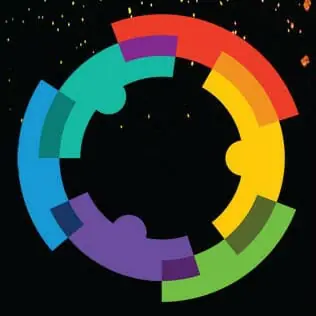
Call for Proposals: Reimagining Leadership Together
Global Futures Laboratory will co-chair this year’s International Leadership Association annual conference. The call for proposals is open. Submit by February 28.

Center directors share recent highlights
A selection of highlights shared by center directors affiliated with the Global Institute of Sustainability and Innovation. Submit your center or initiative’s highlights for possible inclusion in this Bulletin to sustainability.concierge@asu.edu.
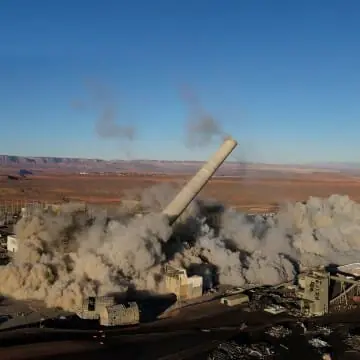
Video: Narrative has power in driving clean energy revolution
ASU and the American Resilience Project premiered a new film documenting the closing of the Navajo Generating Station, part of the “Current Revolution” series.

Feb 10: Carbon negative tech innovation event
Webinar will feature innovative technologies from the United States, Japan, and internationally that are capable of reducing and sequestering carbon across the built and natural environments.
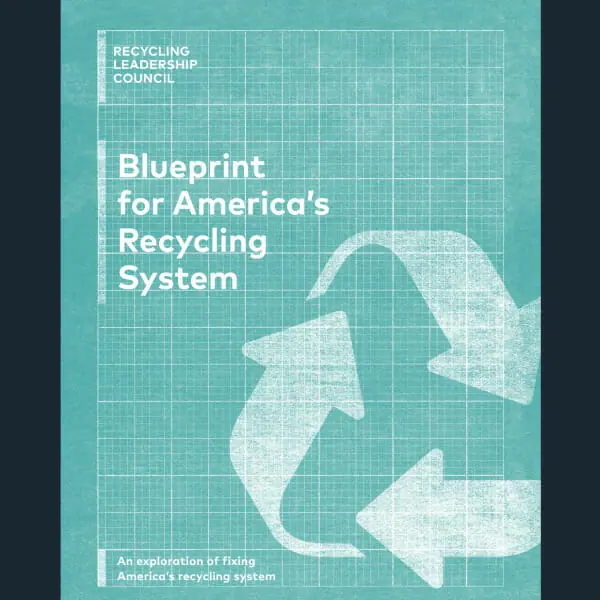
ASU contributes to brief on federal recycling policy
With input from ASU’s Walton Sustainability Solutions Service, the Consumer Brand Association’s Recycling Leadership Council on Feb. 4 released its blueprint on the federal government’s role in fixing the U.S. recycling system.
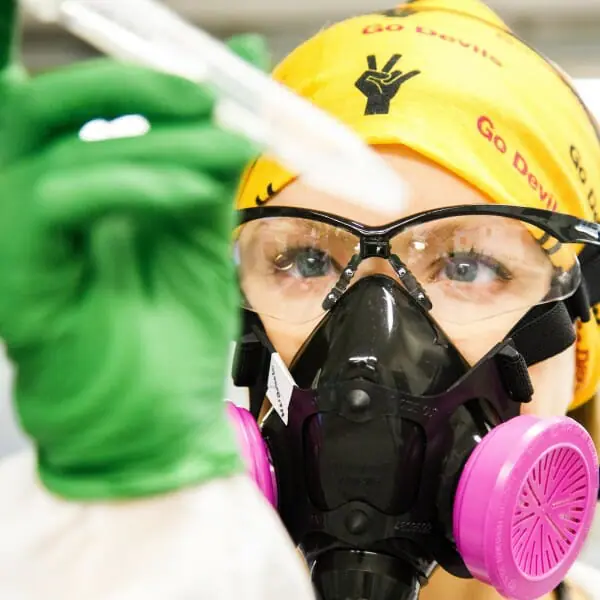
ASU climbs to sixth in national research rankings
Building on nearly two decades of unparalleled advancement, Arizona State University moved up to sixth out of 759 universities in the nation for total research expenditures among universities without a medical school, according to the latest National Science Foundation (NSF) Higher Education Research and Development (HERD) rankings.
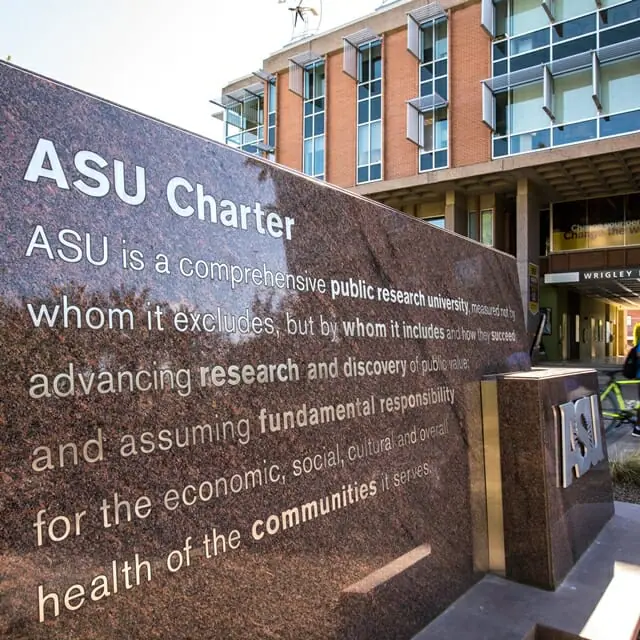
Center for Imagination in the Borderlands awarded $4.2M
The Mellon Foundation grant will aid a mentorship program designed to reconfigure traditional academic structures and offer support to Indigenous scholars.
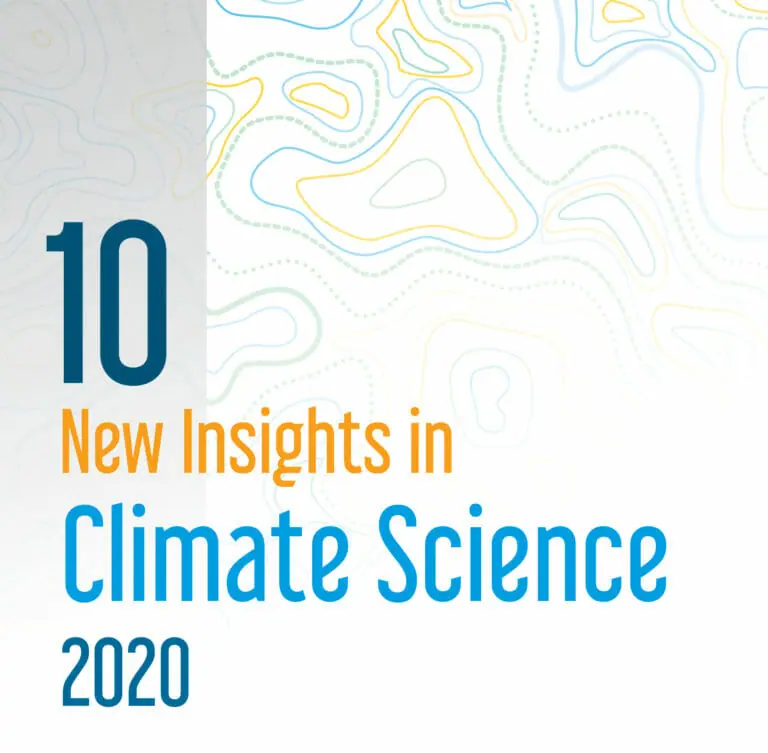
The Earth League launches 10 New Insights of Climate Science with UNFCCC
Unaccounted emissions from permafrost, threats to the land sink, impacts on mental health and freshwater, COVID-19 outcomes and rights-based litigation to address climate change are some of the most recent findings in climate change science summarized in the new report.

